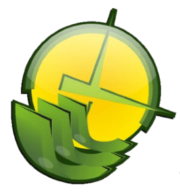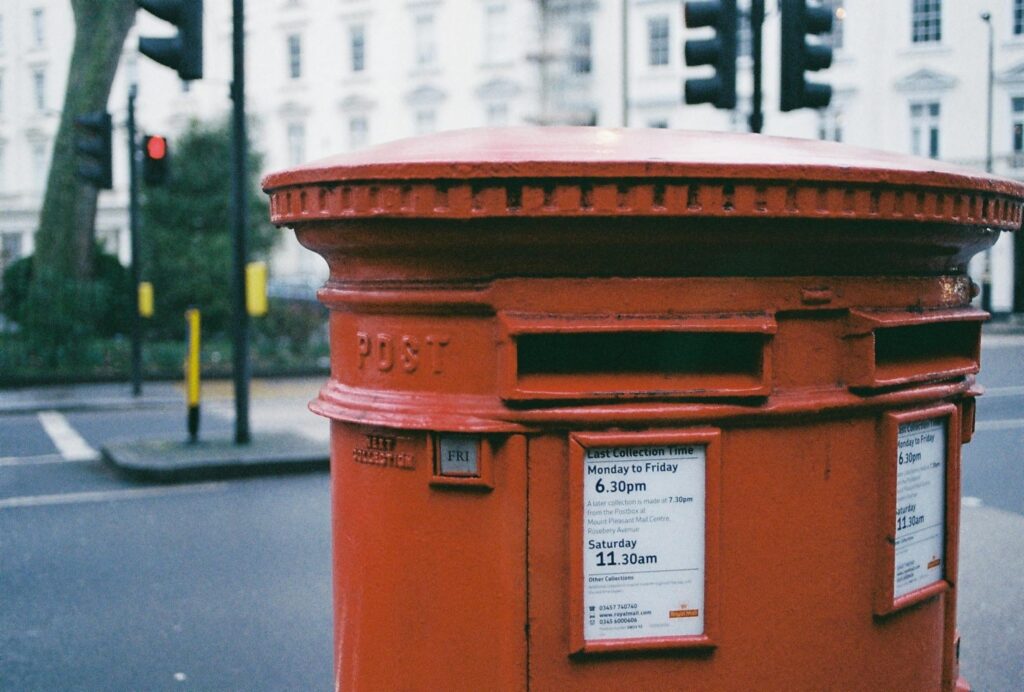When it comes to making payments or transferring money, there are multiple ways to do it. For instance, you can pay via cash or checks or make IBFT transfers. But what if you don’t want to use checks or pay in cash?
Well, that’s where a money order comes in. A money order allows you to make secure payments to anyone you want. But what is a money order anyway? How does it work? Where to get a money order?
In this comprehensive guide, we will help you understand what money orders are, how they work, and where you can get them. So read on to learn everything there is to know about this secure mode of payment.
What Is a Money Order?
A money order is a prepaid alternative to cash or personal checks that you can use to make payments or send money. It is a guaranteed payment that you can purchase from your bank, the post office, Western Union, or Walmart. Most of these places offer money orders with a limit of $1,000.
Money orders are accepted worldwide and are often used by people who don’t have active checking accounts. They are usually issued by the government and can easily be converted into cash and used for business or personal payments.
How Does a Money Order Work?
A money order is usually issued by the government as a prepaid form of money. When buying a money order, you are required to pay for the value of the money plus any additional service fees applicable. Banks and credit unions typically charge more fees than convenience stores. You can pay for it using cash or a debit card.
When you buy a money order, you are required to fill out your name, the recipient’s name, and the amount that they should receive on a form. Do note that the amount specified on the form does not include the service fees. If you need to pay more than $1,000, you will need to purchase multiple money orders.
Once you have paid for a money order, both you and the recipient must sign it in order for it to be valid. You will also get a receipt with the money order’s serial number. Make sure to keep it safe until the recipient has received the amount. You won’t be able to trace your money order without the receipt.
Pros and Cons of Money Orders
Before you purchase a money order, make sure to consider its pros and cons to make the right choice:
Pros of Money Orders
- Guaranteed payment as they are prepaid.
- No need to have a bank account to purchase or cash it.
- Widely accepted.
- No need to enter any personal information.
- Easily traceable with the receipt.
Cons of Money Orders
- Involve a service fee.
- Come with a maximum limit of $1,000.
- Non-traceable if the receipt is lost or stolen.
- Inconvenient as you’ll need to go in person to purchase or cash it.
- Can take a lot of time to replace if lost or stolen.
¿Dónde Obtener un Giro Postal?
You can get a money order from a bank, a credit union, the U.S. Postal Service, most grocery stores, convenience stores, and financial institutes like Western Union. To obtain a money order, you just need to pay the same amount of money plus the service fees via cash or debit card.
To cash a domestic money order, you can go to any post office, bank, credit union, convenience store, retail store, or grocery store. On the other hand, international money orders can be cashed at currency exchange services, banks, post offices like USPS, and issuing institution branches.
Preguntas frecuentes (FAQs)
1. Is a money order the same as a check?
No. Money orders function in the opposite way of checks. With money orders, you exchange cash for a paper that holds the same value as the money. You can use a money order as an alternative to checks.
2. What is the maximum amount for a money order?
The maximum limit for a domestic money order within the U.S. is $1,000. If you need more, you can purchase multiple money orders at the same time.
3. What is better: a check or money order?
It actually depends on your preferences. While checks offer more flexibility as they can be written for any amount and are more convenient, money orders guarantee payments and offer more security than checks.
4. Can I cash my own money order?
Yes. You can definitely cash your own money order by signing on its back as the payee. Once you have signed it, take it to any check-cashing place, bank, or credit union to cash it.


